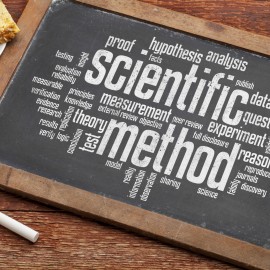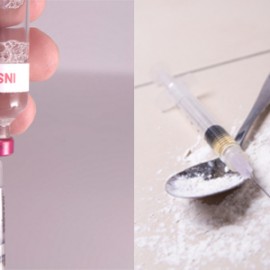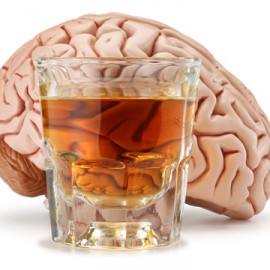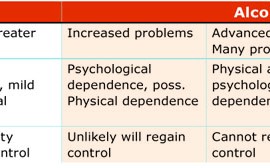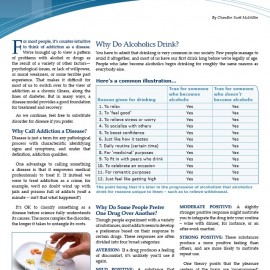Topic: disease model
Theory
We develop habits and routines that seem to have a life of their own– and you’re never more aware of that than when you go to change them.
Topics: disease model, models of addiction, research
Both Chronic, But Different: Addiction and Diabetes
We haven’t corrected any identified physical deficiency. We’ve simply substituted a medical opioid for an illicit one.
Topics: addiction medications, disease model, MAT, opioids
Disease Arguments: The Sequel, Remake, etc.
Alcoholism has been around for nine or ten thousand years, but most of what science understands of brain function is less than eighty years old.
Topics: disease, disease model, stigma
Fear of the Disease Model
Many clinicians don’t view addiction as a disease, which they believe relieves them of the need to learn much about its pathophysiology.
Topics: disease model, models of addiction, treatment models
What KIND of Disease is Addiction?
Most communities provide both options for opioid patients, and lacking a methadone for alcohol or cocaine, use a more traditional abstinence-based approach for those addictions.
Topics: abstinence, addiction medications, disease model, MAT, opioids
Evolution of a Disease Concept
A model generally supersedes other models not because it is perfect in every respect, but because it seems to explain certain aspects better than its predecessors.
Topics: addiction and the brain, alcoholism, clinical management, disease, disease model, physical effects, research, systems
A (Very New) Beginner’s Guide to the Disease Concept
We’re brought up to view a pattern of problems with alcohol or drugs as the result of a variety of other factors— psychological issues, or lack of willpower, or moral weakness, or some terrible past experience. That makes it difficult for most of us to switch over to the view of addiction as a chronic illness.
Topics: alcoholism, diagnosis, disease, disease model, recognizing addiction, signs and symptoms
The Disease Debate
“We’re still stuck at the problem of definition. Until we agree on that, I don’t know how we can resolve it.” And not surprisingly, we didn’t.
Topics: disease, disease model


